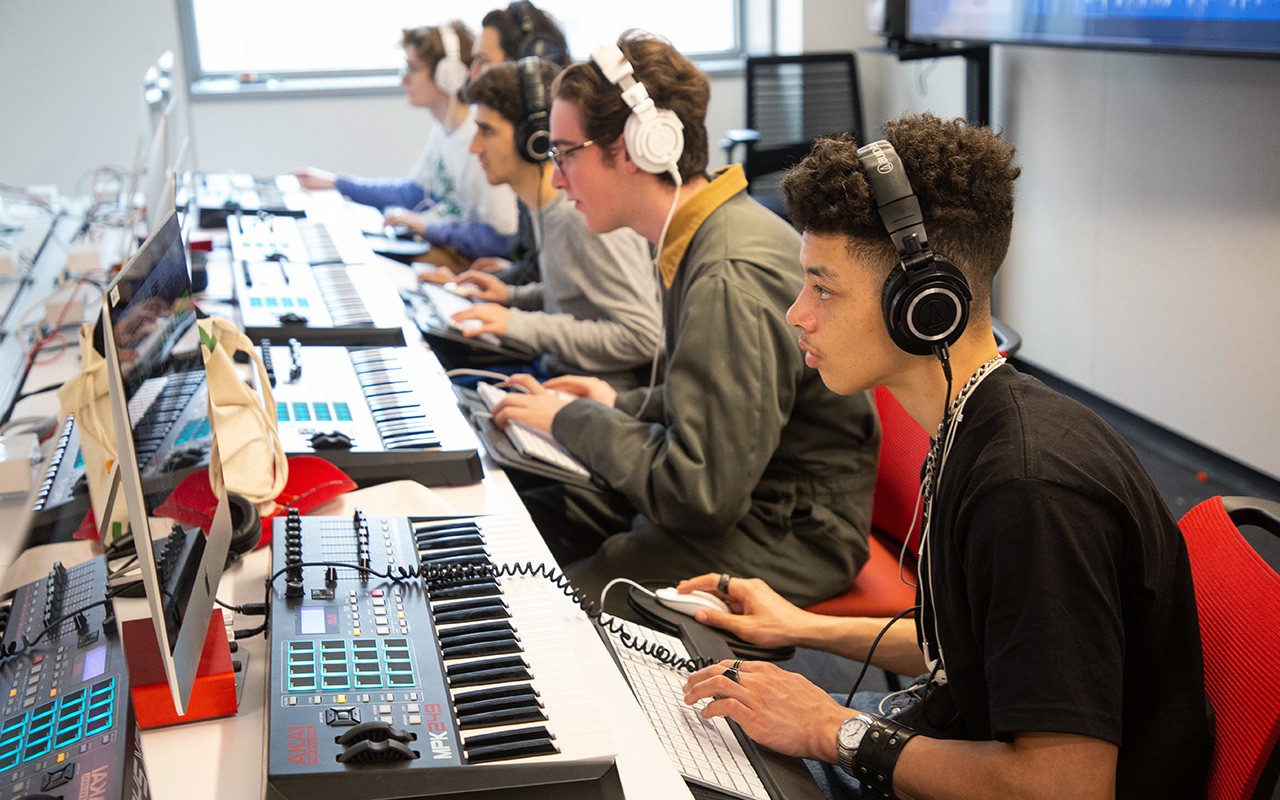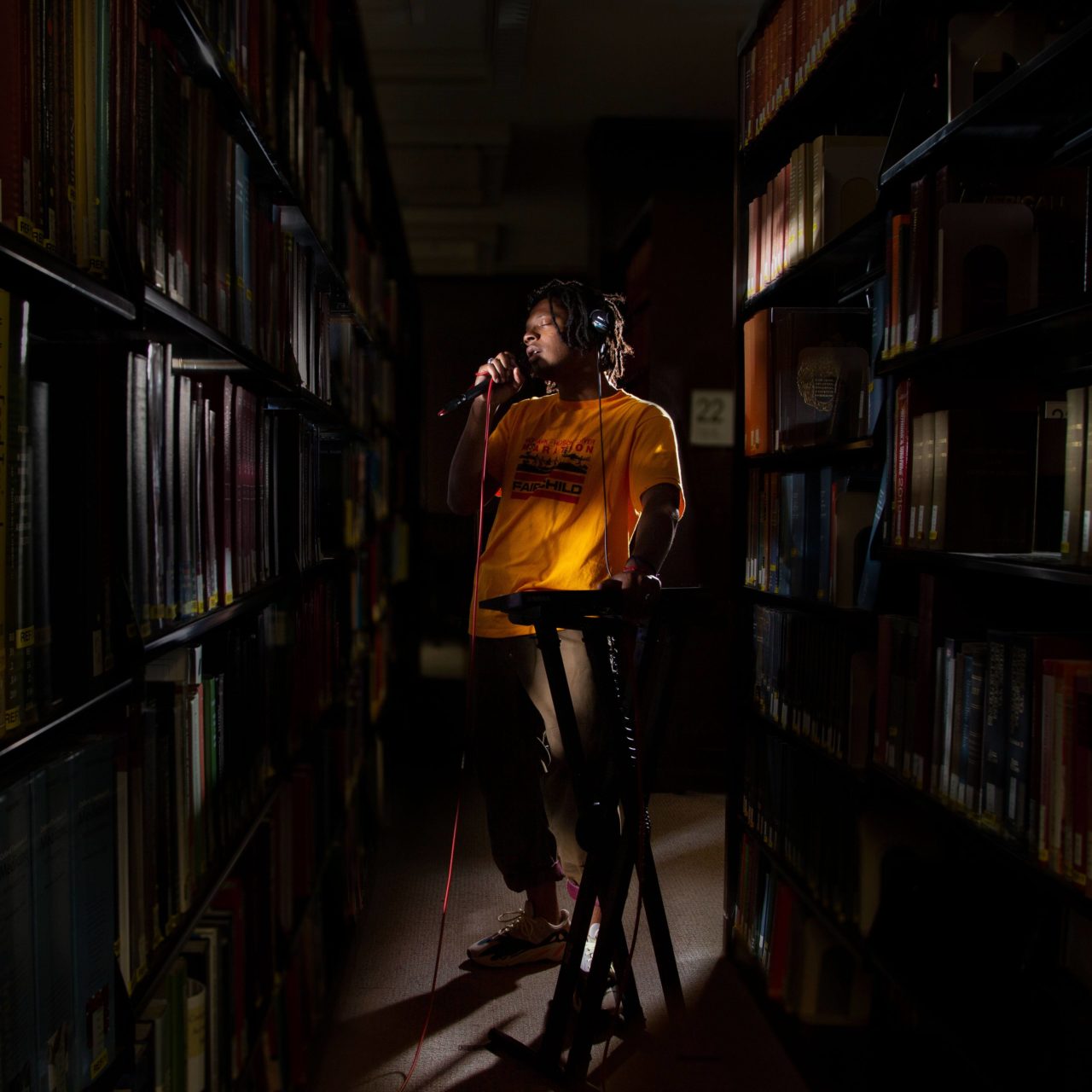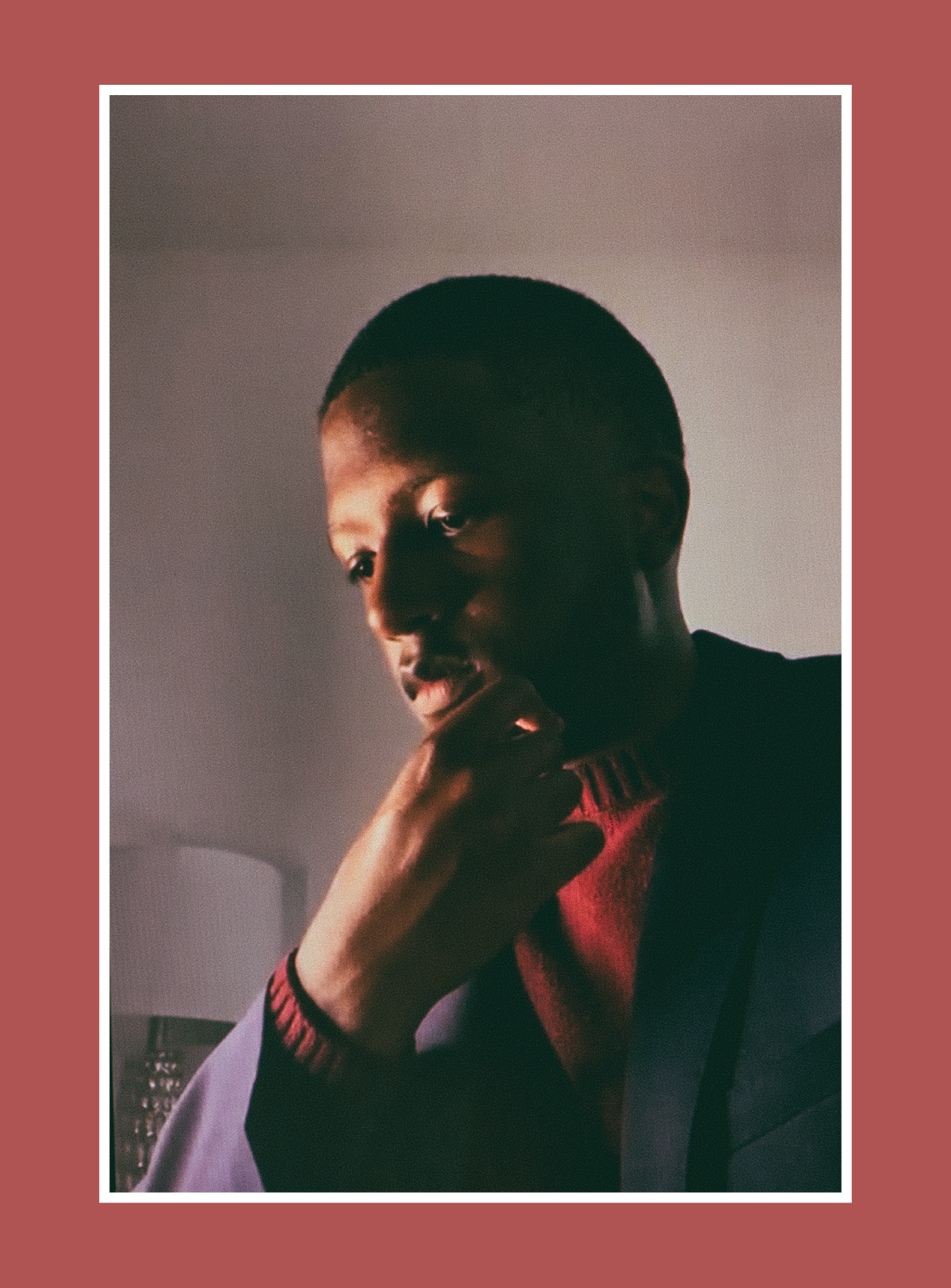
Few students can say they’ve worked with world-renowned film composers like Michael Abels and Benjamin Wallfisch. Even fewer have done it before completing their first year of college. But Cameron Moody, a sophomore screen scoring student from Atlanta, has already made a name for himself in the movie-scoring industry. Music is in his blood.
Cameron was born into a musical family and grew up listening to and studying orchestral music. Star Wars’ scores first piqued his interest in composing. Then, during his sophomore year of high school, he participated in the two-week Film Scoring Workshop at NYU that further shaped his ambitions. Cameron gained valuable insight into the collaborative art practice. “When I came back, I knew that NYU was where I wanted to be for undergrad,” he says. “The thing that stood out to me was how everyone was so open, welcoming, and friendly in order to help me improve and learn more.”
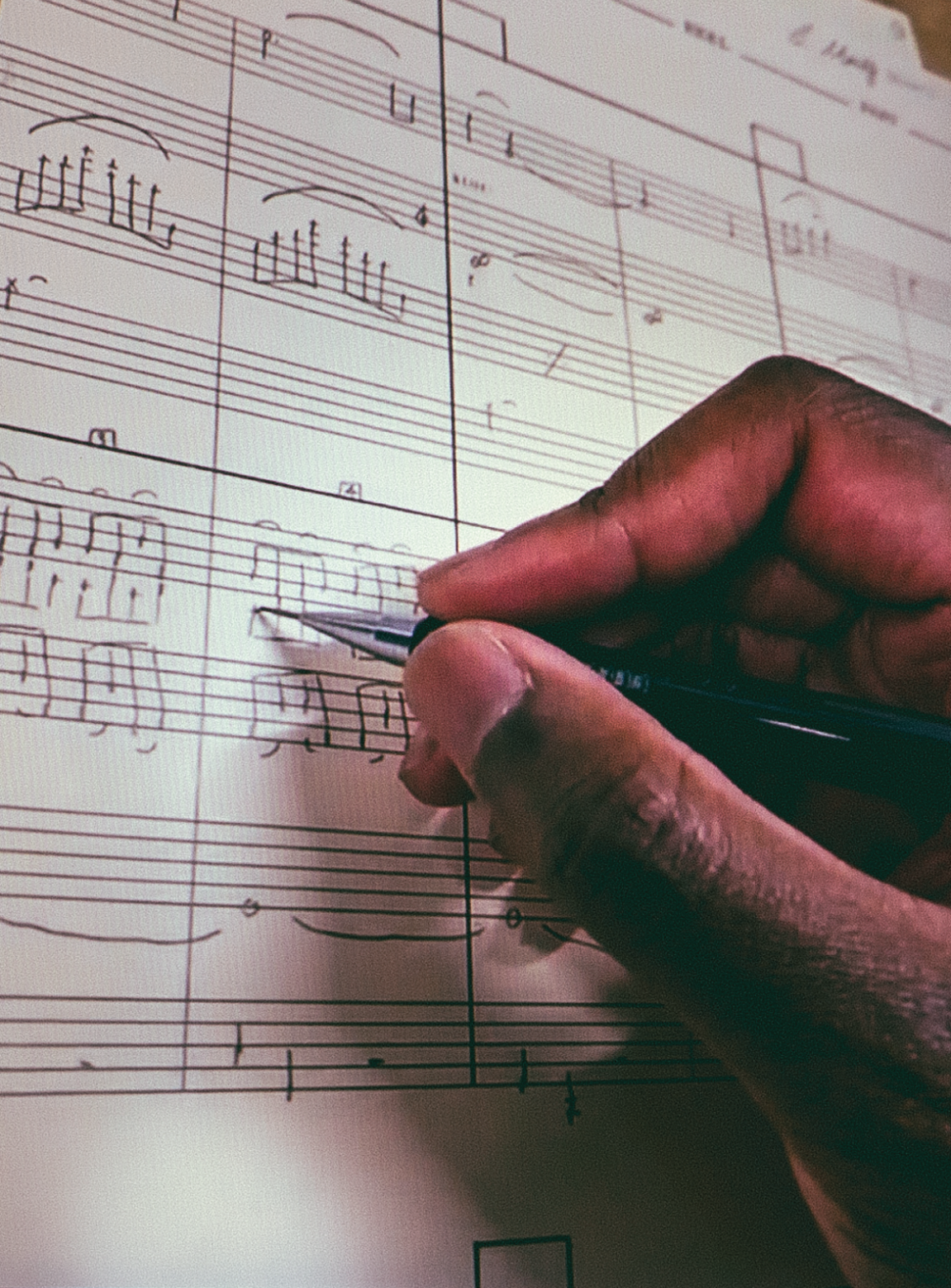
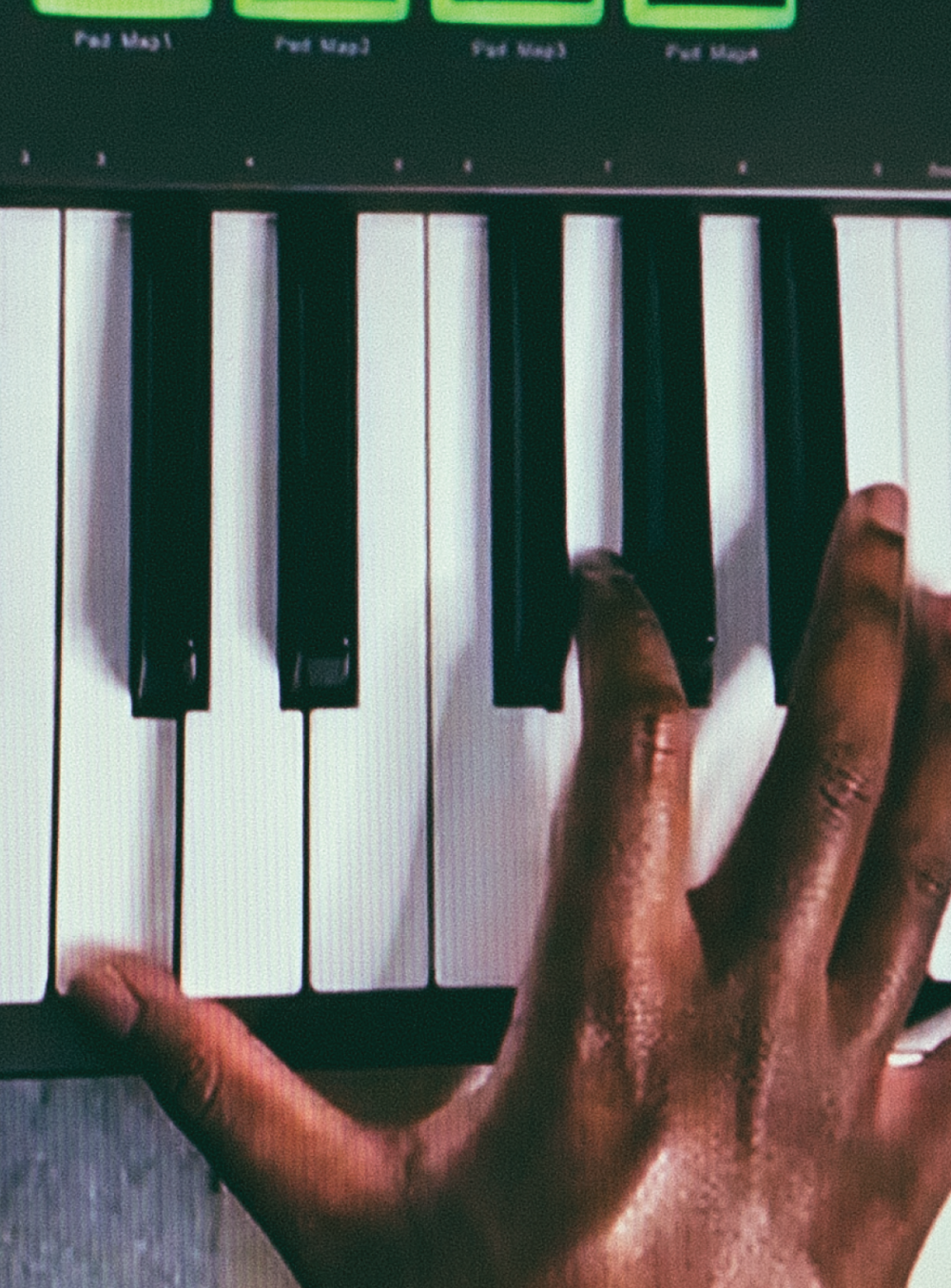
A Workshop Leads to a Big Break
In the fall of 2020, Cameron attended one of the screen scoring program’s Friday@1 series featuring Michael Abels. The renowned film, TV, and concert composer—known for his work on Jordan Peele’s horror films Get Out and Us—critiqued students’ work, including Cameron’s, and praised his handling of a scene. After receiving Cameron’s thanks for his feedback, Abels asked Cameron to assist him on his score for the HBO docuseries Allen v. Farrow. Immersed in the process, Cameron worked from cue sheets, communicated with editors and directors, and incorporated revisions. He even heard a full-size orchestra perform his music for the first time. As he puts it, “Talk about firsthand experience!”
Cameron takes a studied approach to scoring a film. He watches a scene several times before beginning, first learning its rhythm, then thinking about the demands of the music. “In its most basic form, it’s all about supporting the story,” he says. “What is happening musically? Where are the opportunities for it to be in the forefront? Where should it pull back? In terms of mood, what is the scene like? Is it sad or romantic? Or is it an action sequence? Is something happening that I should call special attention to? Once I figure that out, usually with the help of the director, that’s when the creative process starts.”
Cameron continues to work with Abels, and he’s also working with Benjamin Wallfisch, who composed the score for movies It, Shazam!, and Blade Runner 2049. “I don’t know where these two ventures are going to take me, but I’m excited for the opportunity to be able to work with them, learn from them, and have a lot of fun with it,” he says.
Daring to Dream Big
Though he’s open-minded about the future, Cameron does have one dream project in mind: a Christmas movie by Chris Columbus, director of classics such as Home Alone and the first two Harry Potter movies. “I just love his style of directing and the movies that he’s made,” says Cameron. “And I’ve always been a fan of Christmas movies. So if a Chris Columbus Christmas movie were to slide across my desk, I would be a happy camper.”
While Cameron’s experiences may sound intimidating to someone still fresh to film scoring, he has seen students with a range of prior experience thrive in the program. He recommends it for both those who want to be a composer and those who just want to try and see how they like it. He offers one piece of advice: “Come ready to learn and have some fun.”

